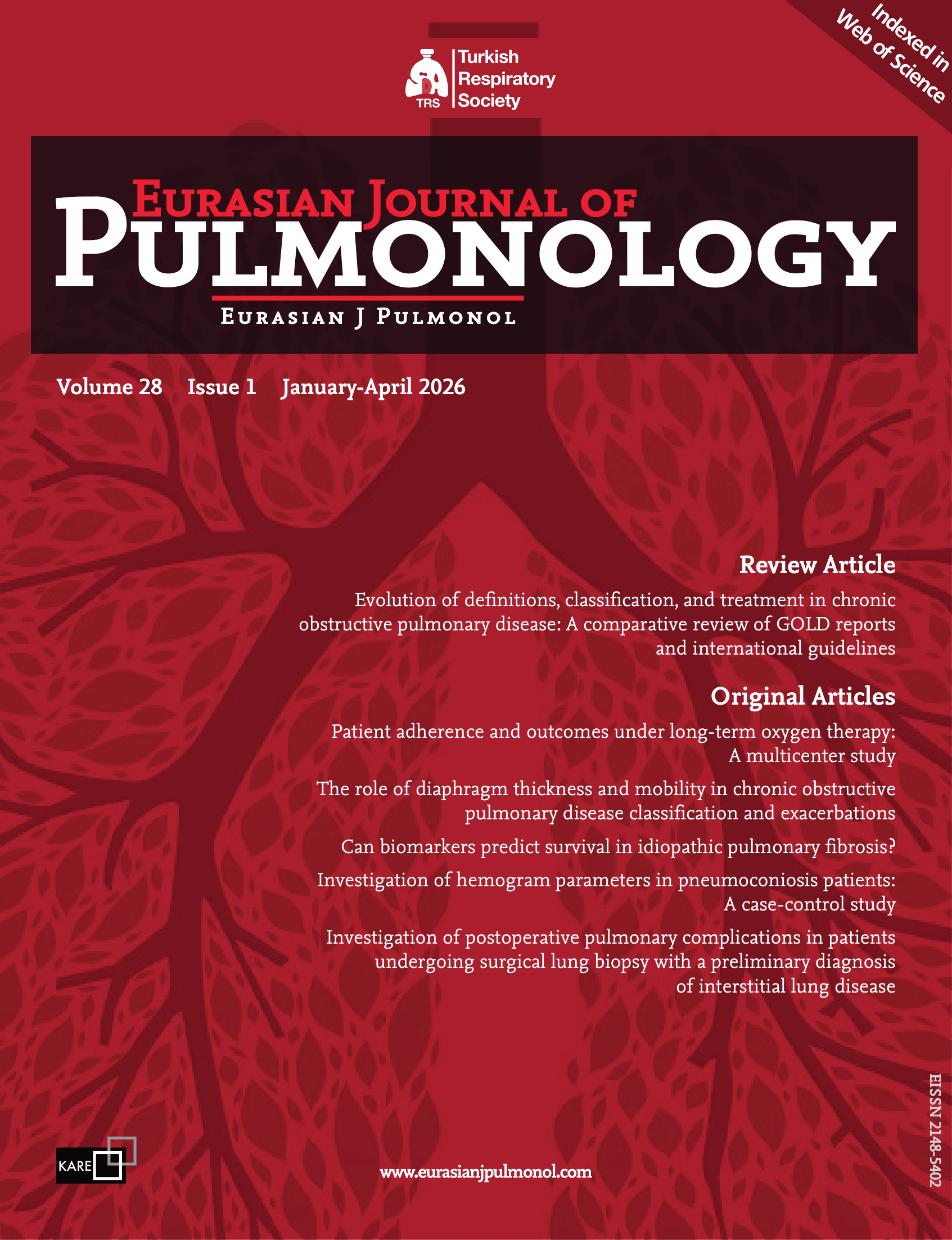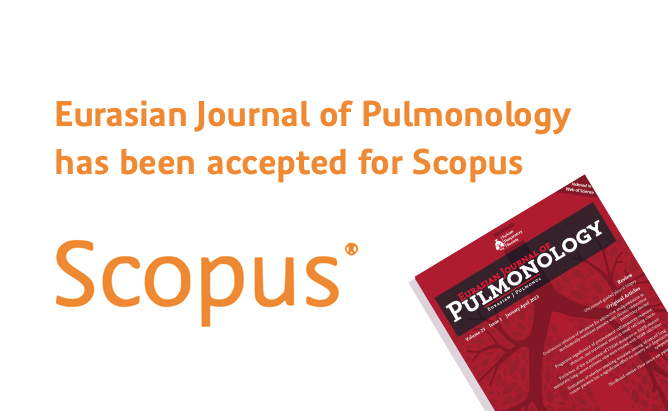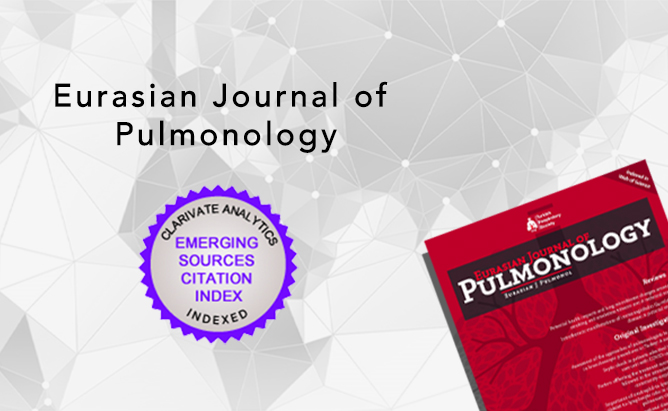Abstract
BACKGROUND AND AIM: In advanced cancer patients, life expectancy is essential in making end-of-life decisions for clinicians and patients. Palliative Prognostic Index (PPI) is a prognostic tool commonly used in palliative care for prediction survival. The aim of this study is to evaluate the accuracy of PPI for predicting survival in patients with advanced lung cancer.
MATERIALS AND METHODS: Patients with advanced lung cancer hospitalized in a palliative clinic were included in this retrospective study. The PPI score was calculated by the doctor on admission day. The patients were divided into three groups according to their PPI score: group A: PPI ≤4, Group B: 4
RESULTS: There were 177 (87.2%) men for a total of 203 patients with advanced lung cancer included in the study. The overall mean age was 64.59 ± 10.87 years; 97% of the patients died during the follow-up period. Their overall median survival was 17 days. The median survival for Group A (51 days, 95% confidence interval [CI]: 39.7–62.2) was significantly longer than Group B (16 days, 95% CI: 10.4–21.5) and Group C (6 days, 95% CI: 4–7.9). For a PPI ≤4 and 6-week survival, the sensitivity and specificity were 82.5% and 75.7%, respectively. For a PPI >6 and 3-week survival, the sensitivity and specificity were 57.7% and 91.3%, respectively.
CONCLUSION: The PPI is a valuable and useful prognostic tool in predicting survival time for advanced lung cancer patients in palliative care.




 Funda Seçik Arkın1
Funda Seçik Arkın1 




